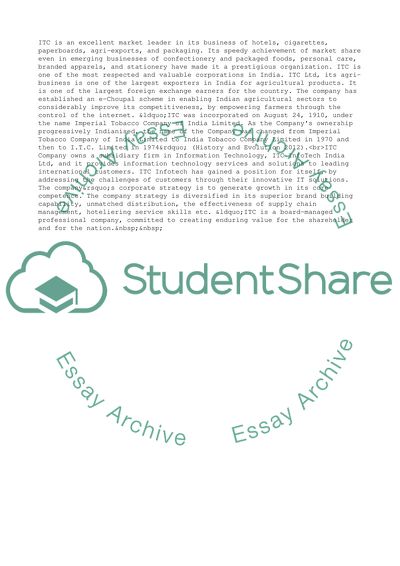Cite this document
(Analysis of Organisational Behaviour Research Paper, n.d.)
Analysis of Organisational Behaviour Research Paper. Retrieved from https://studentshare.org/management/1770873-organisational-behaviour-2
Analysis of Organisational Behaviour Research Paper. Retrieved from https://studentshare.org/management/1770873-organisational-behaviour-2
(Analysis of Organisational Behaviour Research Paper)
Analysis of Organisational Behaviour Research Paper. https://studentshare.org/management/1770873-organisational-behaviour-2.
Analysis of Organisational Behaviour Research Paper. https://studentshare.org/management/1770873-organisational-behaviour-2.
“Analysis of Organisational Behaviour Research Paper”, n.d. https://studentshare.org/management/1770873-organisational-behaviour-2.


